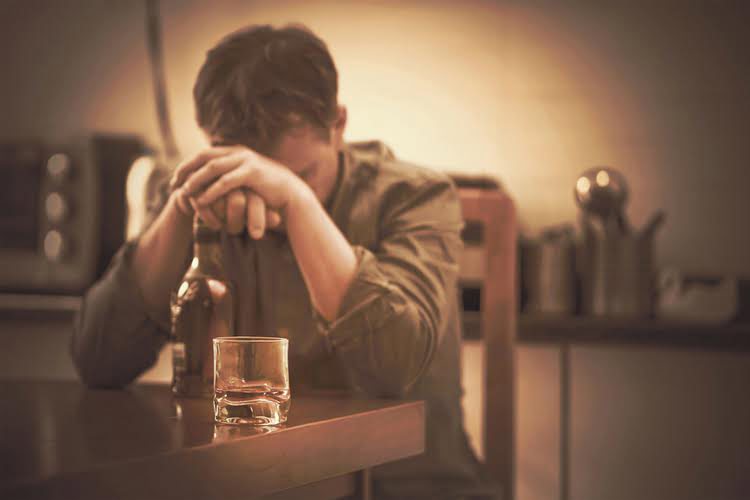Impulsive behaviors can include making poor financial decisions (e.g., spending rent money on a round of drinks for your friends) or engaging in risky sexual behaviors (e.g., condomless sex). By promoting the release of these feel-good neurotransmitters, alcohol temporarily amplifies feelings of joy and lightheartedness. Within five minutes, alcohol reaches your brain, slowing down the central nervous system and affecting the way you feel, think, and behave.
Does alcohol concentration affect dehydration?
With less vasopressin, the kidneys release more fluids, causing dehydration after drinking alcohol. This is why hangovers often include dizziness, thirst, and muscle cramps. The pituitary gland releases a hormone called vasopressin or anti-diuretic hormone (ADH) when the body is dehydrated. However, alcohol interferes with this mechanism, suppressing the release of ADH. This suppression leads to increased urination and, consequently, dehydration.
What Hydration Tips Should Wine Drinkers Follow?
The combined effects of impaired judgment and coordination can further increase the risk of accidents and compromise an individual’s ability to handle hazardous situations https://ecosoberhouse.com/ effectively. Alcohol causes irritation and inflammation along your gastrointestinal (GI) tract, disrupting normal digestive function. Evidence suggests that certain alcoholic beverages, such as wine and beer, appear to accelerate the movement of food and waste through the digestive system, which can lead to diarrhea. Alcohol (ethanol) is an intoxicating substance found in beverages like wine, beer, and liquor. Shortly after consumption, your body rapidly absorbs alcohol into the bloodstream.

About Medical News Today
That’s why integrating Jelly IV into Alcoholics Anonymous your routine can be highly beneficial. This formula is designed to promote hydration and restore the body’s fluid balance. By incorporating Jelly IV into your night-out routine, you can reduce the severity of hangovers, combat dehydration, and support overall wellness, ensuring you feel refreshed the next day. Alcohol’s diuretic effect stems from its ability to inhibit the secretion of vasopressin, also known as antidiuretic hormone (ADH).
- Alcohol’s impact on the body is complex, affecting everything from sleep and digestion to inflammation and endocrine function.
- Alcohol is a diuretic, which means it increases urine production and can lead to dehydration.
- But drinking too much alcohol of any color can still make you feel bad the next morning.
Energy drinks
Alcohol’s impact on the body is complex, affecting everything from sleep and digestion to inflammation and endocrine function. Therefore, it’s best to moderate your intake of energy drinks and alcoholic beverages and pair these drinks with plenty of water to stay hydrated. Occasional dehydration from alcohol might leave you feeling unwell for a short period of time, but excessive and prolonged dehydration from alcohol use does present a few more serious risks.

Electrolyte Imbalance

When the kidneys are not functioning properly, it can contribute to dehydration and electrolyte imbalances. It’s also important to be aware of the potential impact of alcohol on kidney function and electrolyte balance. Alcohol can affect the kidneys’ ability to regulate fluid and electrolyte levels, which can contribute to dehydration. This makes it even more crucial to prioritize hydration when drinking alcohol. Alcohol is a diuretic, which means it increases urine production and can lead to dehydration. In fact, for every 1g of alcohol consumed, urine excretion increases by 10ml, which can significantly impact hydration levels.
Alcohol is a Diuretic
We expect that this minimizes the differences in gastric emptying and diuresis compared to the fasting state. We have deliberately chosen commercially available drinks to increase the practical applicability. Future research, however, might consider matching the beverages in terms of the nutritional composition. A final limitation is that no blood measurements were included, and, therefore, we are not able to provide insights on the mechanism underlying the diuretic effects of alcohol. In a healthy person, the circulating hormones arginine vasopressin and aldosterone largely determine the produced volume of urine 29. Arginine vasopressin and aldosterone are regulated by the body’s salt and water does alcohol make you dehydrated balance.